Aircraft Accident Brief Ntsb/aab-02/01 (Pb2002-910401): Egypt Air Flight 990, Boeing 767-366er, Su-Gap - National Transportation Safety Board Page 71
ADVERTISEMENT
 1
1  2
2  3
3  4
4  5
5  6
6  7
7  8
8  9
9  10
10  11
11  12
12  13
13  14
14  15
15  16
16  17
17  18
18  19
19  20
20  21
21  22
22  23
23  24
24  25
25  26
26  27
27  28
28  29
29  30
30  31
31  32
32  33
33  34
34  35
35  36
36  37
37  38
38  39
39  40
40  41
41  42
42  43
43  44
44  45
45  46
46  47
47  48
48 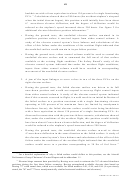 49
49  50
50 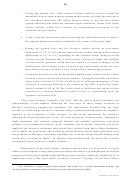 51
51 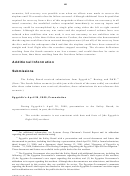 52
52 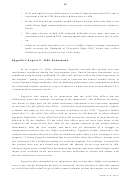 53
53 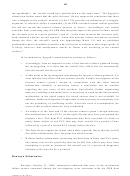 54
54 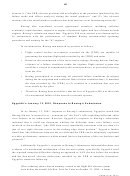 55
55 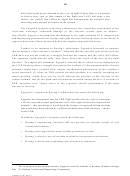 56
56 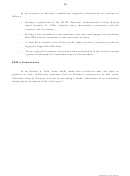 57
57 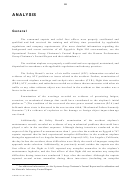 58
58 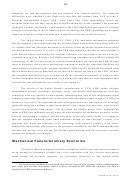 59
59 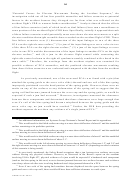 60
60 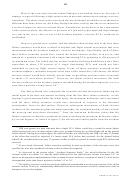 61
61 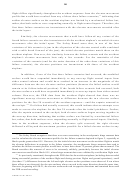 62
62 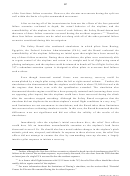 63
63 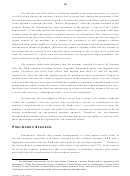 64
64 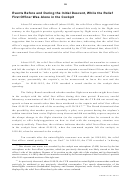 65
65 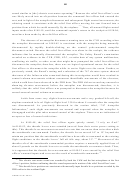 66
66 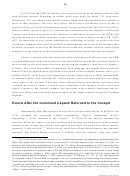 67
67 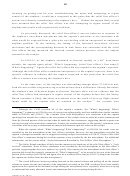 68
68 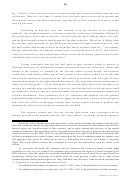 69
69 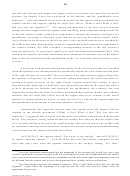 70
70 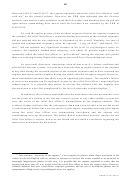 71
71 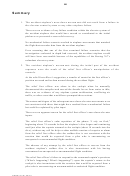 72
72 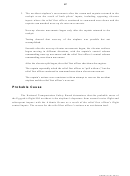 73
73  74
74  75
75  76
76  77
77  78
78  79
79  80
80  81
81  82
82  83
83  84
84  85
85  86
86  87
87  88
88  89
89  90
90  91
91  92
92  93
93  94
94  95
95  96
96  97
97  98
98  99
99  100
100  101
101  102
102  103
103  104
104  105
105  106
106  107
107  108
108  109
109  110
110  111
111  112
112  113
113  114
114  115
115  116
116  117
117 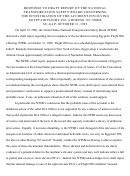 118
118  119
119 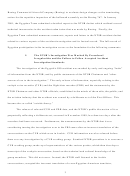 120
120 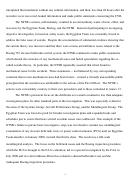 121
121  122
122 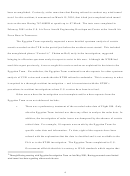 123
123 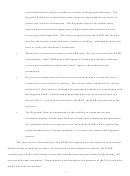 124
124 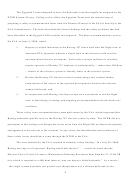 125
125 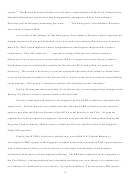 126
126  127
127 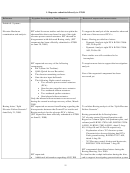 128
128 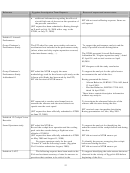 129
129 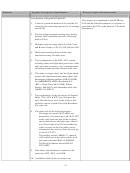 130
130 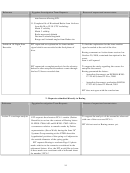 131
131 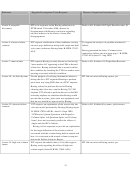 132
132 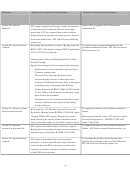 133
133 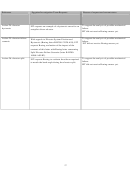 134
134  135
135 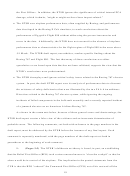 136
136 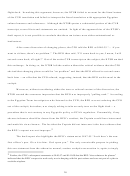 137
137 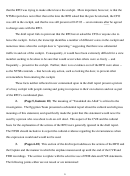 138
138 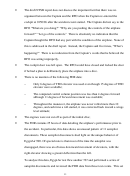 139
139 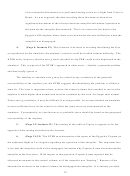 140
140 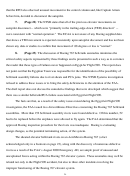 141
141 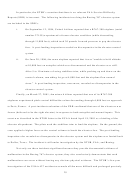 142
142  143
143 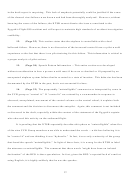 144
144  145
145  146
146  147
147  148
148  149
149 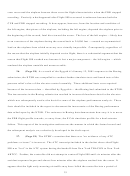 150
150 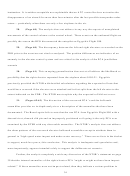 151
151  152
152  153
153  154
154 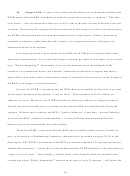 155
155  156
156  157
157 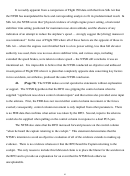 158
158  159
159 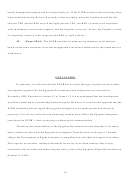 160
160 65
Between 0150:31 and 0150:37, the captain repeatedly asked the relief first officer to “pull
with me” on the control column. However, the FDR data indicated that the elevator
surfaces remained in a split condition (with the left surface commanding nose up and the
right surface commanding nose down) until the last data were recorded by the FDR at
0150:36.64.
As with the earlier portion of the accident sequence (before the captain’s return to
the cockpit), the relief first officer’s responses during this portion of the accident sequence
did not indicate that he was surprised or disturbed by the events. Similarly, his rate of
speech and fundamental frequency when he repeated, “I rely on God,” and stated, “It’s
shut,” did not indicate any significant increase in his level of psychological stress. In
contrast, the captain’s fundamental frequency was about 65 percent higher when he
repeatedly asked the relief first officer to “pull with me” during the elevator split period
than it was during routine flight, reflecting an increased level of psychological stress.
As previously discussed, simulations showed that even if a failure condition had
affected the elevator system, it would have been possible to regain control of the airplane
at any time during the recorded portion of the accident sequence and to have restarted the
engines and recovered the airplane during the climb after the recorders stopped. However,
those simulations assumed that there were no opposing pilot inputs. The captain’s failure
to recover the airplane can be explained, in part, by the relief first officer’s opposing flight
control inputs. It is possible that efforts to recover the airplane after the airplane lost
electrical power were also complicated by the loss of electronic cockpit displays.
In summary, the evidence establishes that the nose-down elevator movements were
not the result of a failure in the elevator control system or any other airplane system but
were the result of the relief first officer’s manipulation of the airplane controls. The
evidence further indicates that the subsequent climb and elevator split were not the result
of a mechanical failure but were the result of pilot inputs, including opposing pilot inputs
where the relief first officer was commanding nose-down and the captain was
commanding nose-up movement. The Safety Board considered possible reasons for the
relief first officer’s actions; however, the Board did not reach a conclusion regarding the
intent of or motivation for his actions.
118
This sentence, “Get away in the engines,” is an example of a phrase where direct translation of the
Arabic words into English with no attempt to interpret or analyze the words resulted in an awkward or
seemingly inappropriate phrase. In this case, it is possible that the captain, surprised to realize that the
engines had been shut off, was trying to tell the relief first officer to leave the engines alone. However,
research indicates that poor word choice, improper grammar, and the use of incomplete phrases can be
symptomatic of high levels of psychological stress in a speaker.
NTSB/AAB-02/01
ADVERTISEMENT
0 votes
Related Articles
Related forms
Related Categories
Parent category: Legal









